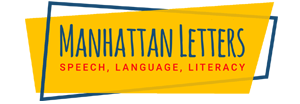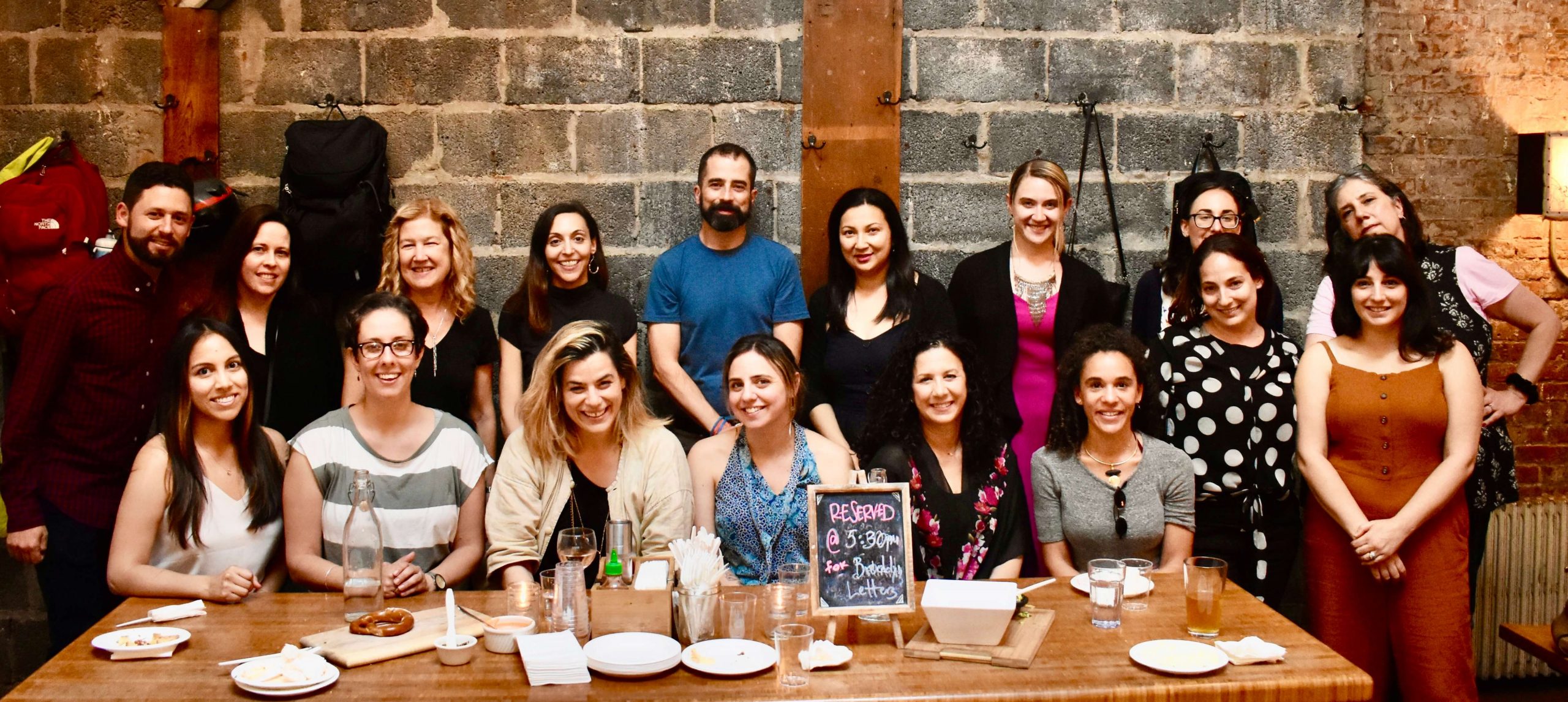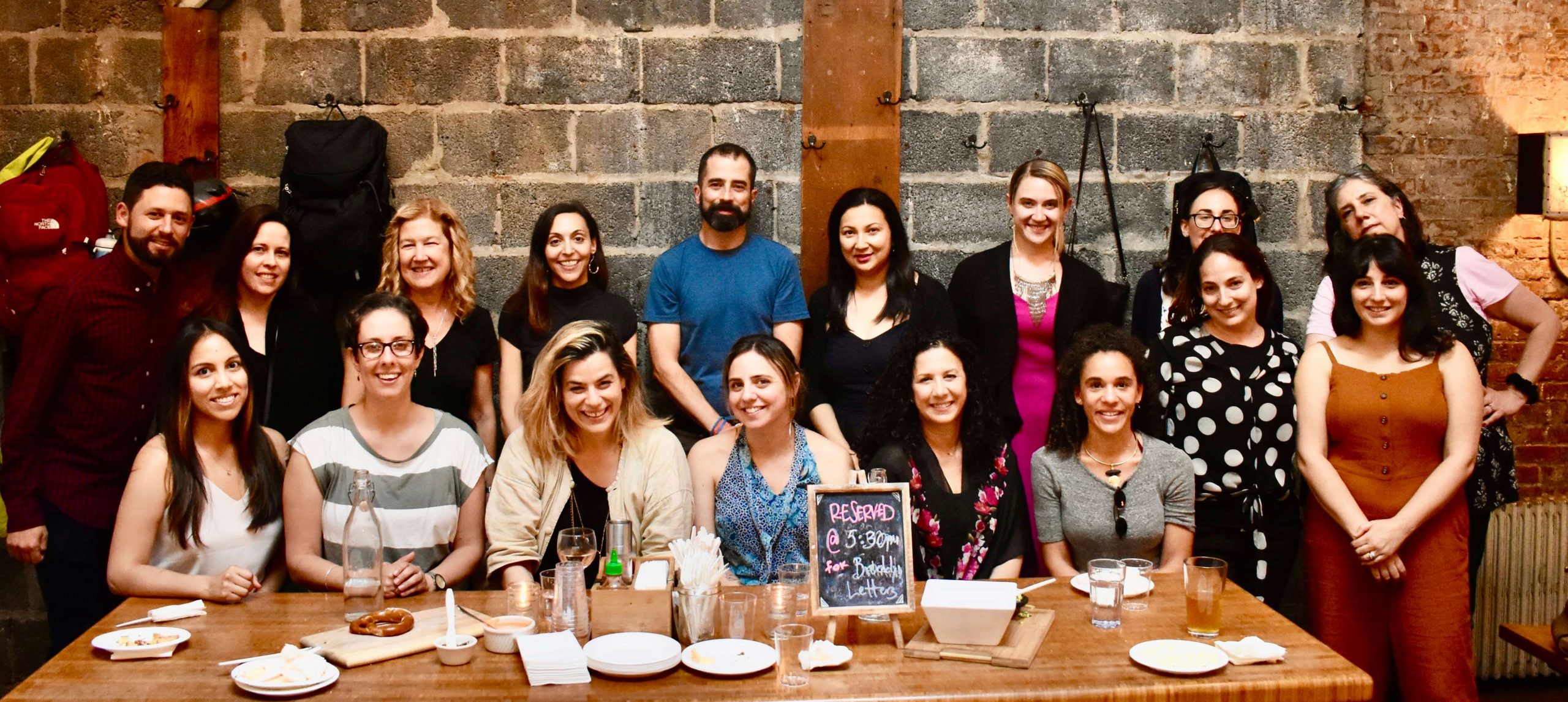For over 13 years, Manhattan Letters has been bringing that personal touch right to your doorstep with the best personalized 1:1 speech, language, feeding, and literacy and math tutoring services to homes and private school settings across the Manhattan, NYC area, as well as offering remote sessions for families worldwide. Our dynamic, multidisciplinary team—recommended to us through word of mouth—includes speech-language pathologists for all ages, dedicated literacy (Orton Gillingham and Fundations/Wilson), and math specialists for elementary students, and compassionate SEIT providers, all on a private pay basis.
We also travel to the Bronx, Riverdale, Yonkers, Westchester, New Jersey (NJ), and Connecticut (CT). We travel throughout Manhattan including:
TESTIMONIALS
Let us help you or your child make measurable progress, breaking free from the confines of a traditional office space. At Manhattan Letters, we believe in flexibility, not contracts. You can pay as you go and choose session times that fit your family’s life. Get started with a free, easy 15-minute phone consultation and a casual meet and greet with our amazing staff!
About Us
Over the past decade, our organization has grown significantly. Yet, we’ve retained a community-centric feel by pairing our clients—children and adults—with skilled, New York City Metro area-based service providers recommended by word-of-mouth. Manhattan Letters is renowned for its all-encompassing traveling to you NYC metro area literacy, math, and speech-language pathology intervention and assessment services. It is guided by highly recommended speech-language pathologists who conduct thorough speech-language evaluations and assessments to identify various communication disorders from infants to adults. Their broad spectrum of services, especially offered by pediatric speech-language therapists, are experts for those who need help with speech-language delays, late talkers, articulation disorders, pronunciation (speech clarity), phonological disorders, fluency disorders (stuttering, cluttering), expressive and receptive language disorders, social communication disorders, language-based learning disabilities, autism spectrum disorder (ASD), executive functioning difficulties, central auditory processing disorder, selective mutism, oral motor, feeding issues, Augmentative and Alternative Communication (AAC), accent reduction, bilingual speech therapy, and voice quality through meticulously targeted interventions.
Manhattan Letters excels in providing families with an extensive array of professional services in tutoring and special education itinerant teachers (SEITs) offering specialized 1:1 tutoring at your home or child’s school in reading, writing, and math, including helping students with dyscalculia, incorporating the Orton Gillingham approaches and other effective methodologies, such as the Wilson/Fundations, the Barton Reading System, PAF (Preventing Academic Failure), Sounds in Motion, and the Spire reading program to support students with dyslexia or other reading difficulties. Their literacy tutoring focuses on building reading fluency and comprehension, spelling, phonics, and decoding, and enhancing writing skills through lessons in handwriting mechanics, grammar and punctuation, paragraph construction, and vocabulary development.
How we work
Our comprehensive support system at Manhattan Letters fosters a deep understanding and love for learning, addresses specific educational challenges, and uses various evidence-based methods and programs to ensure every child can achieve their full potential. Let us help you or your child make measurable progress, breaking free from the confines of a traditional office space. At Manhattan Letters, we believe in flexibility, not contracts. You can pay as you go and choose session times that fit your family’s life. Get started with a free, easy 15-minute phone consultation and a casual meet and greet with our amazing staff!
Meet some of our team members: While we’re proud to showcase these individuals, they are only a small sample of the many skilled professionals who contribute to our success. To learn more about our full team and their wide range of expertise, please check our literacy, math, and speech/language team.
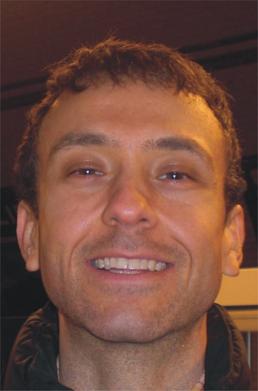
Dan B., M.S. ED., NYS Certified Childhood General And Special Education (Grades 1-6)
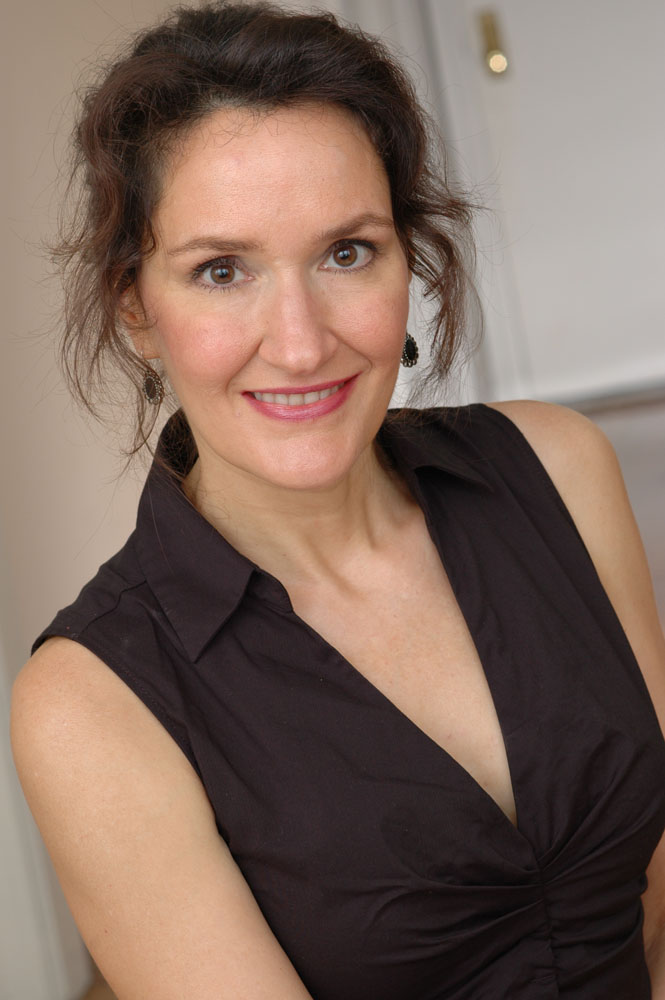
Judith, M.A., CCC-SLP, TSSLD, VASTA (Voice and Speech Trainers Association) and certified singing teacher

Taryn A., M.A. CCC-SLP, TSSLD, Speech Language Pathologist

Liza, Masters in Elementary Education
Our Speech-Language Therapists/Pathologists are licensed in the following states:
Meet some of our team members: While we’re proud to showcase these individuals, they are only a small sample of the many skilled professionals who contribute to our success. To learn more about our full team and their wide range of expertise, please check our literacy, math, and speech/language team.

Dan B., M.S. ED., NYS Certified Childhood General And Special Education (Grades 1-6)

Judith, M.A., CCC-SLP, TSSLD, VASTA (Voice and Speech Trainers Association) and certified singing teacher

Taryn A., M.A. CCC-SLP, TSSLD, Speech Language Pathologist

Liza, Masters in Elementary Education
Our Speech-Language Therapists/Pathologists are licensed in the following states:
Craig Selinger, a New York State licensed speech-language therapist and educational specialist, is the CEO of Brooklyn Letters (Manhattan Letters is owned and operated by Brooklyn Letters). With over 20 years of experience in New York City, he leads a team providing services through Manhattan Letters, Queens Letters, Staten Island Letters, and Long Island Letters. Trained in Communicative Disorders, Craig specializes in childhood development and language-based learning issues, leveraging his extensive experience in both school and home settings. His approach, characterized by flexibility and adaptability, fosters long-term relationships with clients across a wide range of ages and developmental profiles.
Brooklyn Letters, under Craig’s leadership, has grown into a respected provider of speech-language therapy and multisensory literacy and math private practices in the NYC area. Craig’s expertise is widely recognized, leading him to speak at various conferences and events, including the Everyone Reading Conference and institutions like Mount Sinai and NYU Langdon. Additionally, during the onset of the pandemic, he hosted the Craig Selinger Podcast, featuring interviews with professionals in education, therapy, and medicine.
Craig’s specialties encompass a broad range of areas, including early childhood speech and language delays and disorders, expressive-receptive language disorders, school-age learning and literacy difficulties, executive functioning and attentional disorders, autism spectrum disorders, parent coaching, and feeding therapy. Beyond his professional endeavors, Craig is passionate about travel, having explored nearly thirty countries, and is an enthusiast of Brazilian jiu-jitsu. He resides in Brooklyn with his wife and two children.
For inquiries or questions, Craig can be contacted via email ([email protected]) or text (917-426-8880).
Check Us Out
Online Speech Therapy: How to Keep Toddlers Engaged
How to Use Green Screen for Speech and Language Therapy
Literacy and the Brain: What You Need to Know
Academy Award winner, Peggy Stern, discusses SuperDville, a media channel for students 7-12 years of age with dyslexia and learning issues.
